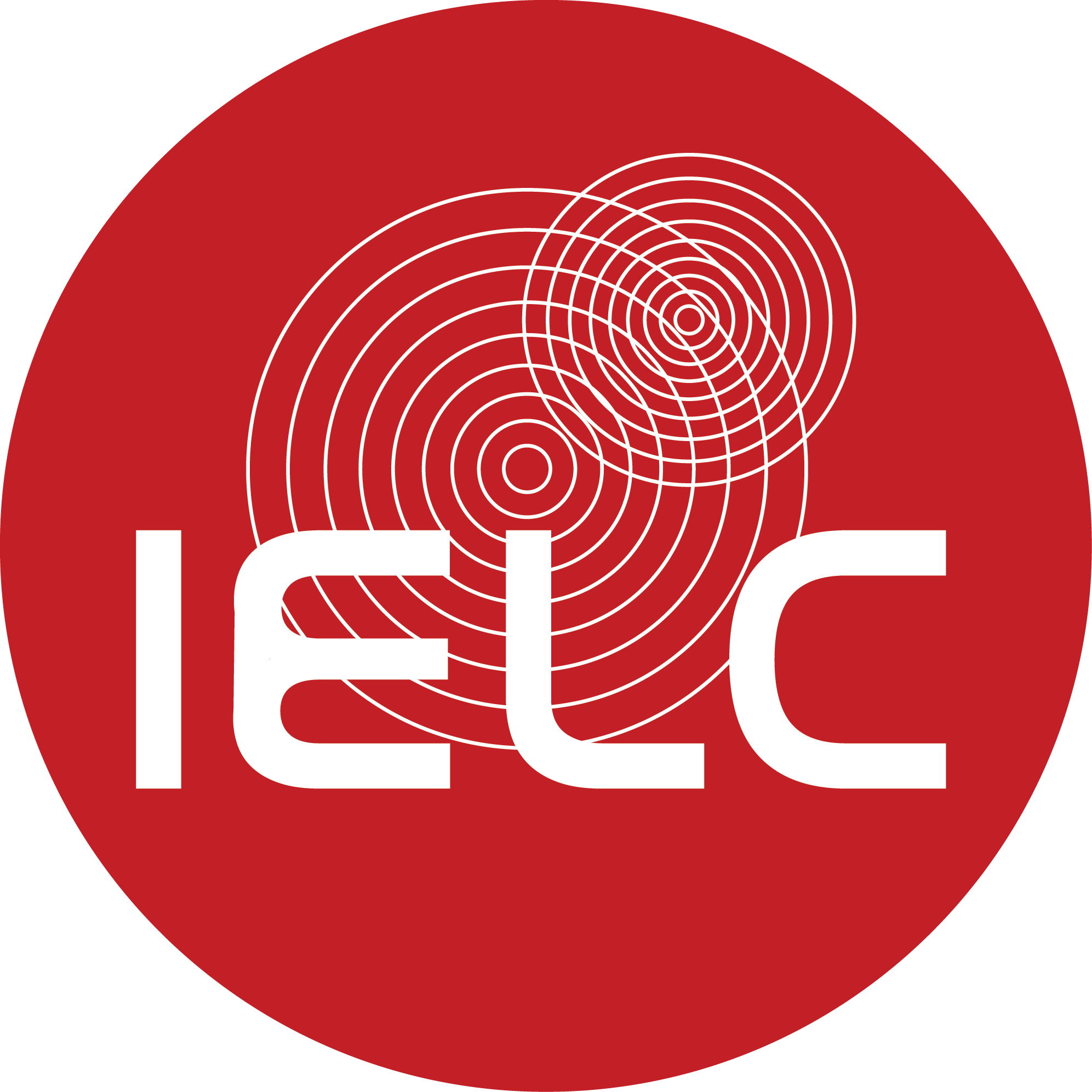|
|
Description Prompted by Shanghai’s performance on the Programme for International Student Assessment (PISA), the past few years have witnessed increased interest in education in the city. The crux of this interest is around what Shanghai schools and teachers are doing differently from other education systems. A key focus has been on its unique teacher learning system. This system recognizes, differentiates, and labels teacher expertise at multiple mastery levels. Expert teachers are either granted titles such as Subject Leaders (xueke daitouren) and Special-class Teachers (teji jiaoshi) or promoted to district-level and municipal-level instructional guidance offices to be Teaching-research Officers (jiaoyan yuan). The formal recognition as ‘expert teachers’ comes with increased leadership responsibility to lead cross-school teacher learning and to initiate instructional and pedagogical improvement. In other words, these formally recognized expert teachers are no longer ‘assets’ just of their own schools; their expertise and wisdom needs to be shared across a wider group of teachers. They function as critical professional leaders and ‘influencers’ to other teachers in curriculum and instruction. They are referred as leaders-as-expert-teachers in this study. This study will explore the role of the leaders-as-expert-teachers in promoting cross-school teacher learning and instructional improvement. The study employs a case study design. For the study, 12 leaders-as-expert-teachers and their peers will be selected to participate. Data will be collected through multiple rounds of interviews with the 12 leaders and their peers. Supplementary data will be collected from observing the various collaborative learning activities organized by the leaders, and associated documents such as these teacher leaders’ writings and public talks. This study will provide insights drawn from insiders’ views about one aspect of the success of school education in Shanghai. It will contribute to the knowledge base in three domains: teacher learning and professional development, international understanding of instructional leadership, and educational leadership in China. The research findings will have important implications for teacher learning and instructional improvement practices in Hong Kong and other societies. Objectives
Expected outcomes
Long-term impact This study will:
|
|---|



